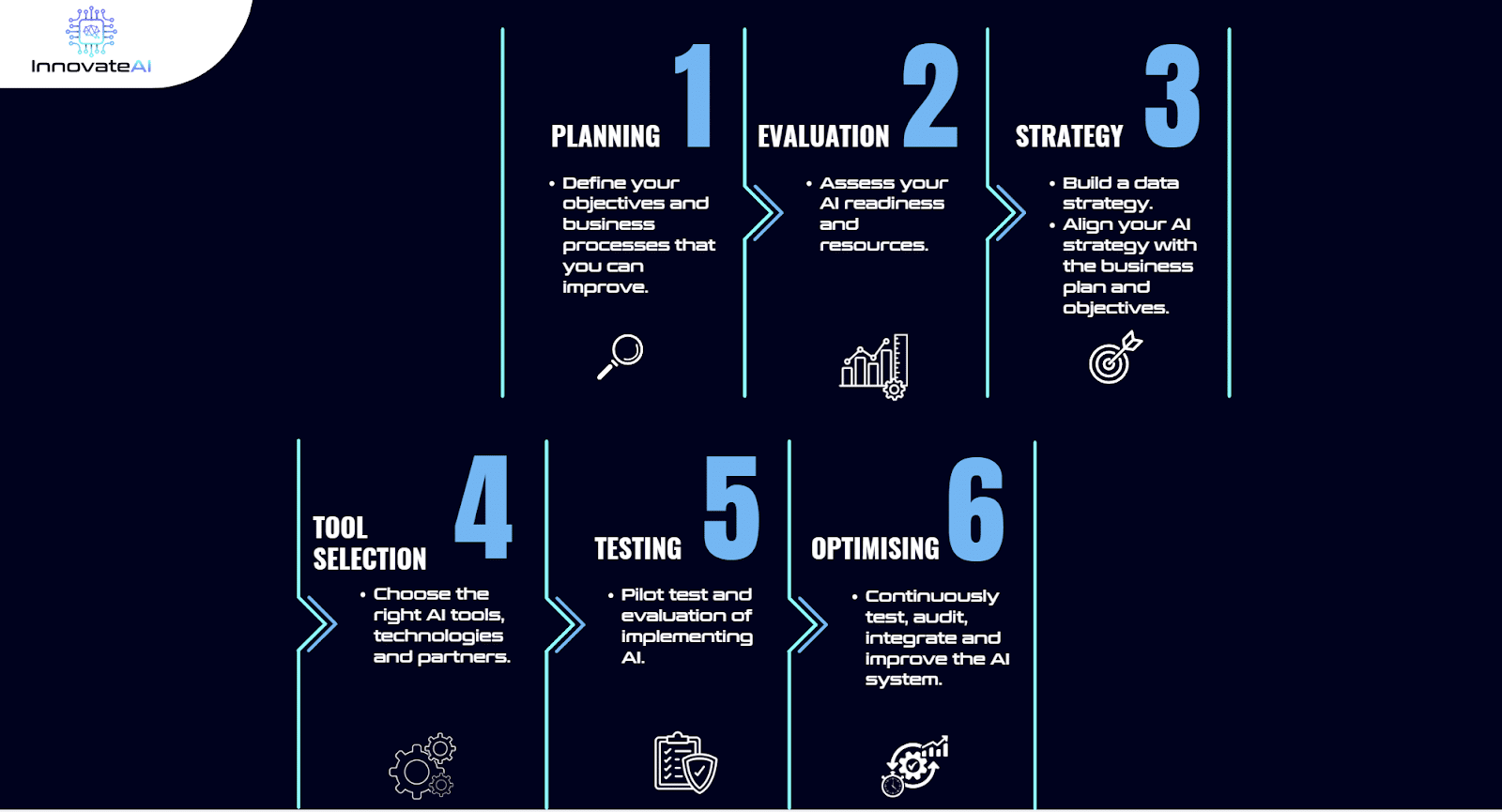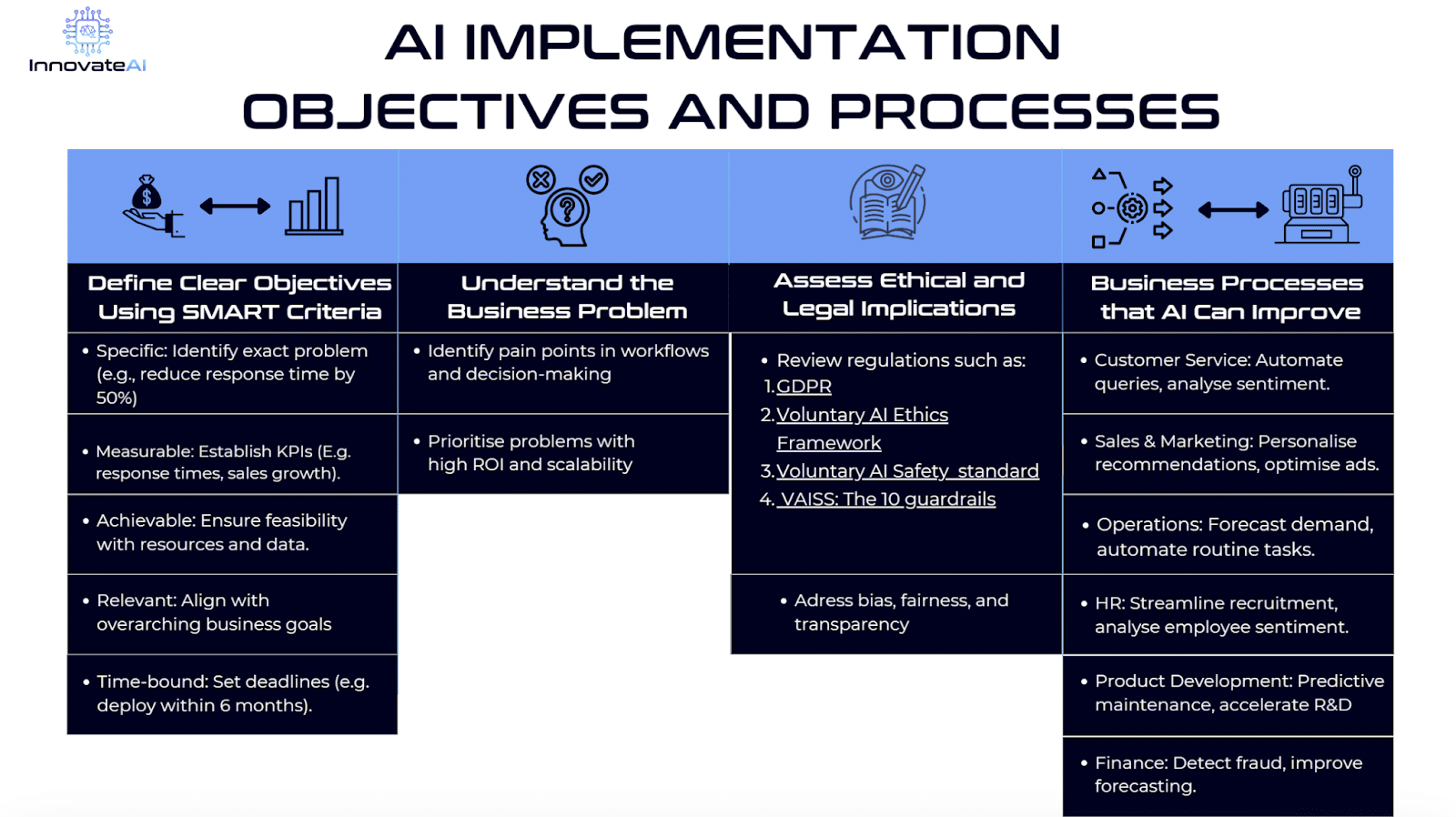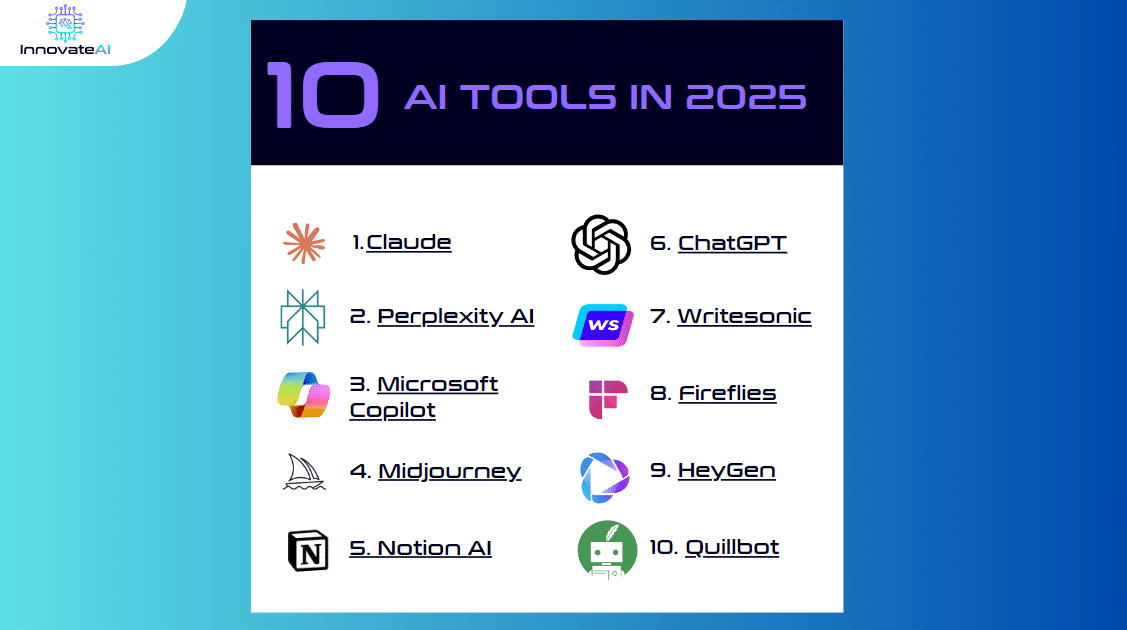AI Implementation in Business: A Practical Guide for Success
Posted on January 31, 2025
Artificial Intelligence (AI) is revolutionising the business landscape, offering unprecedented opportunities for growth and efficiency. Whether you aim to streamline processes, boost efficiency, or gain a competitive advantage, understanding how to navigate AI implementation is crucial.


AI Images created using Microsoft Designer
Key Takeaways
- AI integration boosts business efficiency: Implement AI in operations and decision-making to enhance performance across administrative tasks, customer relationship management (CRM), marketing and automated processes.
- Strategic AI adoption ensures success: Set clear goals, assess readiness, build a data strategy, choose the right tools, and pilot test before full deployment.
- Turn AI skepticism into a competitive advantage: While businesses often hesitate due to concerns about control and transparency, strategic AI implementation can:
- Reduce operational costs
- Enhance decision-making accuracy
- Automate repetitive tasks
- Strengthen fraud detection and risk management.
What is AI Implementation?
AI implementation refers to the process of integrating AI technologies into business operations, processes, and decision making to improve efficiency, accuracy, and overall performance. AI implementation involves using computer software that engages in activities similar to human learning, planning, and problem solving.
Machine learning, a common type of business AI, is utilised to swiftly process large volumes of data, improving over time as it receives more data. It helps processing tasks such as:
- Identifying patterns (pattern recognition) and anomaly detection
- Predicting customer behaviour, preferences and reducing churn
- Automating repetitive tasks
- Analysing data to make informed business decisions.
By implementing AI, businesses can streamline their operations and gain a competitive advantage in the market.
AI supports business operations in various ways, including:
- Gathering and analysing data faster than humans can and providing recommendations for action. This assists in making informed and timely business decisions.
- Recognising and responding to security threats by monitoring data patterns in the area of cyber resilience.
Further reading: Artificial Intelligence for Cyber Resilience
- Creating self-updating, auto-correcting systems in the customer relationship management (CRM) realm, which manage customer interactions with minimal human intervention. AI significantly enhances operational efficiency and reduces manual errors.
Further Reading: AI in CRM (IBM),
AI implementation strategy:
How to incorporate AI into your business?
Incorporating AI into a business involves several steps:
- Define your objectives and business processes that you can improve.
- Assess your readiness and resources.
- Develop a data strategy (Consider data cleansing and how your AI and data strategy fits within your business plan).
- Choose the right AI tools, technologies, models and partners.
- Pilot test and evaluation of implementing AI.
- Continuously deploy, integrate, optimise, and improve the AI system.

Let’s break down these critical steps.
1. Define your objectives and business processes that you can improve
The first step in the AI implementation journey is to define clear, SMART (Specific, Measurable, Achievable, Relevant, and Time-bound) objectives for your AI technology project. Understanding the specific business problem that AI is meant to solve is essential to ensure alignment with the company’s overarching policies and vision. You will also need to consider any ethical and legal implications.

2. Assess Readiness and Resources
AI Readiness Assessment is a critical step. It involves evaluating internal capabilities in your tech stack such as storage, GPU, networking, and security. This will help determine how to best support the AI system.
These resources may assist with this process:

3. Build a Data Strategy

Building a robust data strategy is a critical step in the AI implementation journey.
The quality and quantity of data used to train AI systems heavily determine their success. Without sufficient and high-quality data, AI systems may struggle to perform effectively.
Consider these resources:
Google – Bias detection and Machine Learning fairness
Google – What-If Tool
Designed by Freepik
4. Choose the right AI tools, technologies models and partners
Selecting the right AI tools and technologies is a crucial step in the AI implementation process. This involves a structured approach incorporating the identification of specific business goals, an evaluation of the processes that could benefit from AI, and a thorough investigation of the available AI solutions.
Resource: ASD: Deploying AI Systems Securely
Your solution partner should have a comprehensive understanding of your business processes, requirements, considerations and the specific problems you are trying to solve (business analysis).
Contact us if you need assistance.

5. Pilot test and evaluation of implementing AI
Before full integration into business processes, it’s crucial to conduct a pilot test to assess the effectiveness of the AI technology. During a pilot test, businesses should define the project’s scope, prepare the chosen data set, and build and train the AI model with the selected technology.
6. Deploy, integrate, optimise and improve
Once the AI system has been tested and refined, it’s time to deploy and integrate it into the business processes. Regularly test and monitor AI solutions to ensure they are meeting performance expectations and providing accurate information and results in a good return on investment.
By following these steps and partnering with experienced professionals, businesses can successfully implement AI and experience transformative benefits.
Next Steps
To successfully implement AI in your business, consider partnering with experienced professionals.
At InnovateAI, we optimise your business operations with responsive technology solutions.
Consider your business process optimisation projects in 2025 and see how we can help.
Schedule a Free Meeting
Frequently Asked Questions
AI implementation in business involves integrating AI technologies like machine learning, natural language processing, and robotic process automation to improve operations, automate tasks, and enhance decision-making, customer service, and overall efficiency.
Adopting AI helps businesses automate repetitive tasks, analyse big data for better decision-making, enhance customer experiences, and gain a competitive advantage by improving operational efficiency and reducing costs.
Businesses can use machine learning, natural language processing, computer vision, robotic process automation, and predictive analytics to automate tasks, analyse data, and improve customer interactions.
AI improves customer service through 24/7 chatbots, virtual assistants or AI agents, and sentiment analysis, helping businesses respond quickly to customer inquiries, provide personalised solutions, and enhance overall customer satisfaction.
The cost of AI implementation depends on the complexity and scale, but it typically provides a positive return on investment through increased efficiency, reduced operational costs, and enhanced decision-making capabilities.
Industries that undertake repetitive processes including professional services, construction and trades, healthcare, finance, retail, manufacturing, logistics, and marketing all benefit from using AI .
Integrating AI can assist with process automation, predictive maintenance, personalised marketing, and enhanced customer engagement.
Ben Lister
Ben Lister, Founder InnovateAI. Helping businesses innovate today to elevate tomorrow.

